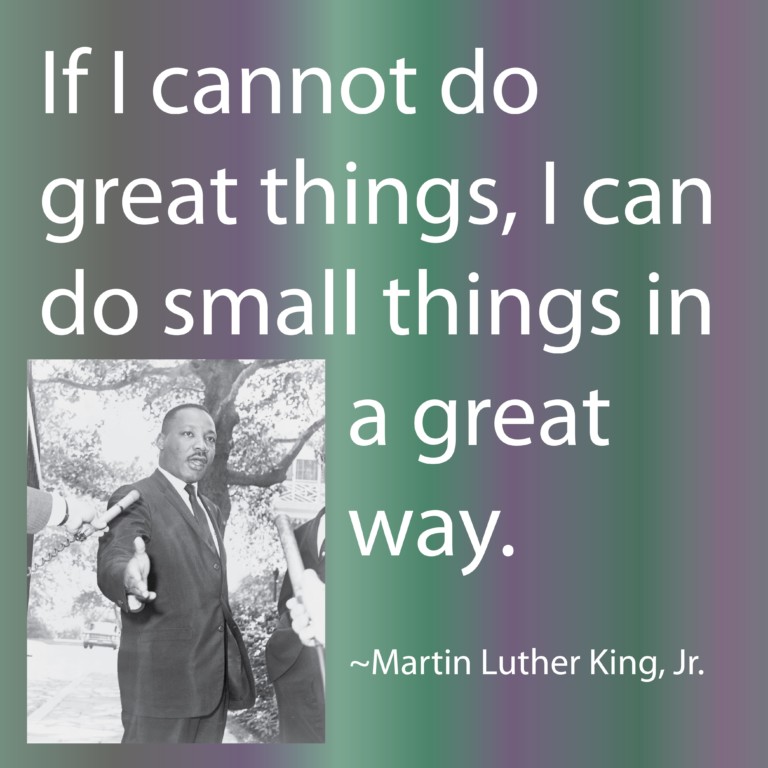
Step 1: Decide on the type of bakery business
The first thing to consider when starting out in the baking industry is the kind of bakery you want to run. The common types of bakeries include special service bakeries, sit-down bakeries, online bakeries and counter service bakeries.
Counter Service Bakeries
This the most common type of bakery. A selection of baked goods is presented in transparent display cases. The display cases serve a few purposes. First, it allows customers an opportunity to see what’s available. It’s also a bit of a marketing ploy. Since people are such visual creatures, the sites and smells of the delicious goods tantalize them into buying more. Finally, it provides a bit of protection from salivating customers who might contaminate your products.
With counter service bakeries the salesperson would attend to customers over the counter. The customers would specify which type of baked or pastry goods they want and the bakery staff would pack it for them and collect money. This type of bakery usually does not provide seating for customers. If there is seating available, it’s usually just a couple of tables.
Sit-down Bakeries

The second model is similar to a sit-down restaurant. The bakery business plays host to their customers by providing waiting services. In this model, the staff would seat the guest and provide menus of their baked goods. In addition to the typical dessert fare, you may also see light breakfast, lunch, or dinner items.
Since the menu items are meant to be eaten onsite, the menu includes single-serving sizes. However, these sit-down bakeries often allow you to order family serving sizes to take home with you.
Specialty Service Bakeries

Bakery businesses that focus on cakes for special occasions often fall into this category. On the rise are more specialty bakeries catering to customers with allergies and food sensitivities. You might even find your niche in a specialty bakery business that focuses on vegan or organic goods.
Online Bakeries
In an online bakery business, you’ll see your goods via the internet. Online bakeries often have an e-commerce website that contains a list of all their products with a price tag. Customers place an order via the website or even call in their orders. The goods can either be delivered to the customers or they can come to pick it up at a designated store.
As every business should have a website, you can also incorporate online ordering into any other type of bakery business you decide to open.
Bonus: Catering
Like with online bakeries, catering is also an option with any bakery business. The catering part of your business can be as large or small as your capabilities. A small event might be a luncheon delivery or a small business event. Larger events might include being responsible for the goods at a multi-day international convention.
Step 2: Construct a Business Plan
The next step after determining what type of bakery you want to run is constructing a business plan. A business plan contains the specifics about every aspect of your business such as marketing, ownership, finances, competition and other important segments. A good and comprehensive business plan contains detailed business information, income streams, list of expenses, target market segment and even competition.
There are two types of business plans. The first type of business plan is a strategic plan. This is the business plan you’ll want to have to ensure you have a successful bakery business. In essence, it’s your roadmap to success. The second type of business plan is the one you’ll need to help get funding for your business. If you need additional cash to get started or even cash to give your business a more firm footing, you’re looking at an investor-ready business plan. The purpose is to help investors feel more comfortable with putting their money into your business.
Click here for an example of a bakery business plan.
Step 3: Seek Out a Business Space

Above all, be selective when checking out business places, look around, and compare prices. If possible, talk to residents in that area, weigh the pros and cons of each place you check out.
Of special note, if you plan to run a bakery out of your house, you’ll likely still need a commercial kitchen. Just because it’s a home-based business doesn’t mean you’re exempt from the laws, rules, regulations, and guidelines of your locality. This means you’ll likely need to meet the regulations of a health inspector.
Step 4: Put a Price on Your Baked Goods

However, there’s more to setting prices for your goods than simply knowing the COGS. For most bakers, prices are a function of the cost of equipment, time and energy expended in baking. You must ensure that pricing covers expenses like packaging, clean-up time and marketing. And what about that stirring straw or napkin you provided with a sale? All of those things add up.
Step 5: Market Your Merchandise
Marketing is a crucial aspect of your business. If you make the best cakes and rolls on the planet and no one knows about it, then it doesn’t matter. Spectacular baking skills are not the only recipe for success, you have to know how to market your business too. Start with a marketing strategy, then go from there. Without a marketing strategy, you’re really just shooting blindly and hoping for the best.
Once you know and understand the marketing piece of your business, it’s time to take action. Social Media, blogging and networking are some of the ways you can get the word out about your business. Other ways might include spending a little advertising money to publicizing your business.
Step 6: Focus on Your Customers
The success of your business is highly dependent on the satisfaction of your customers. They are the key to your success. Engage your customers, talk to them, ask them to make referrals and write testimonials. Constantly seek feedback from customers on how your business is doing for them. Don’t just collect the feedback but also be responsive to it.
Step 7: Find Support
The above steps can take you far, but I also recommend talking to other bakery owners to provide you with first-hand information on how the industry works. If your business is solely owned, then I also highly recommend that you get someone to support you in the business. A support system is very important in the baking business as it is very time-consuming. You will need some to assist you with either baking, marketing, booking, or even delivering.
And let’s face it. Running a business can be a very lonely experience. Even if you have a wonderful relationship with your employees, something about being the boss can set you apart from the rest of the staff. You might consider joining groups of other entrepreneurs, where you can share successes and tips on running an even more successful business.







I sure enjoyed reading this article!